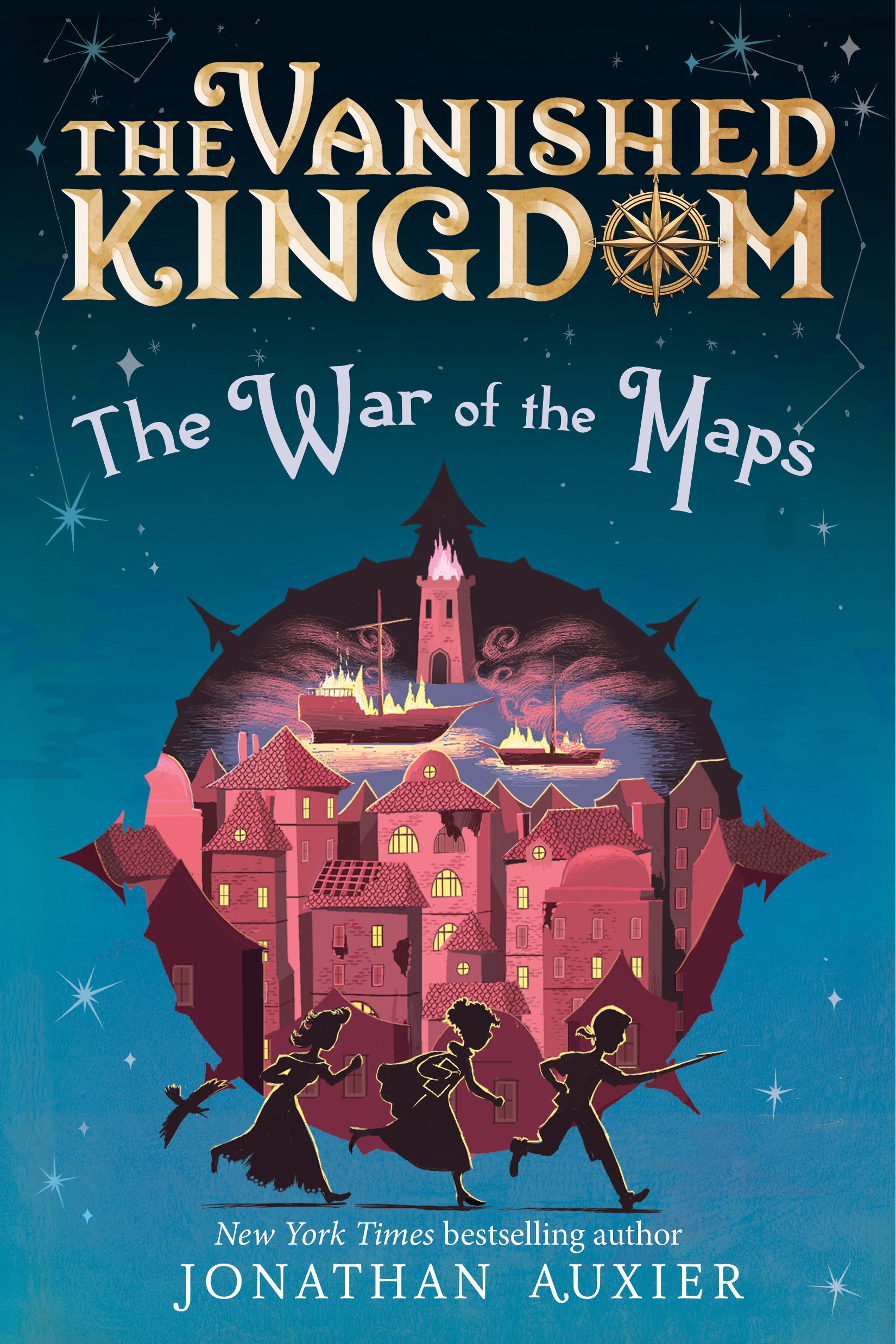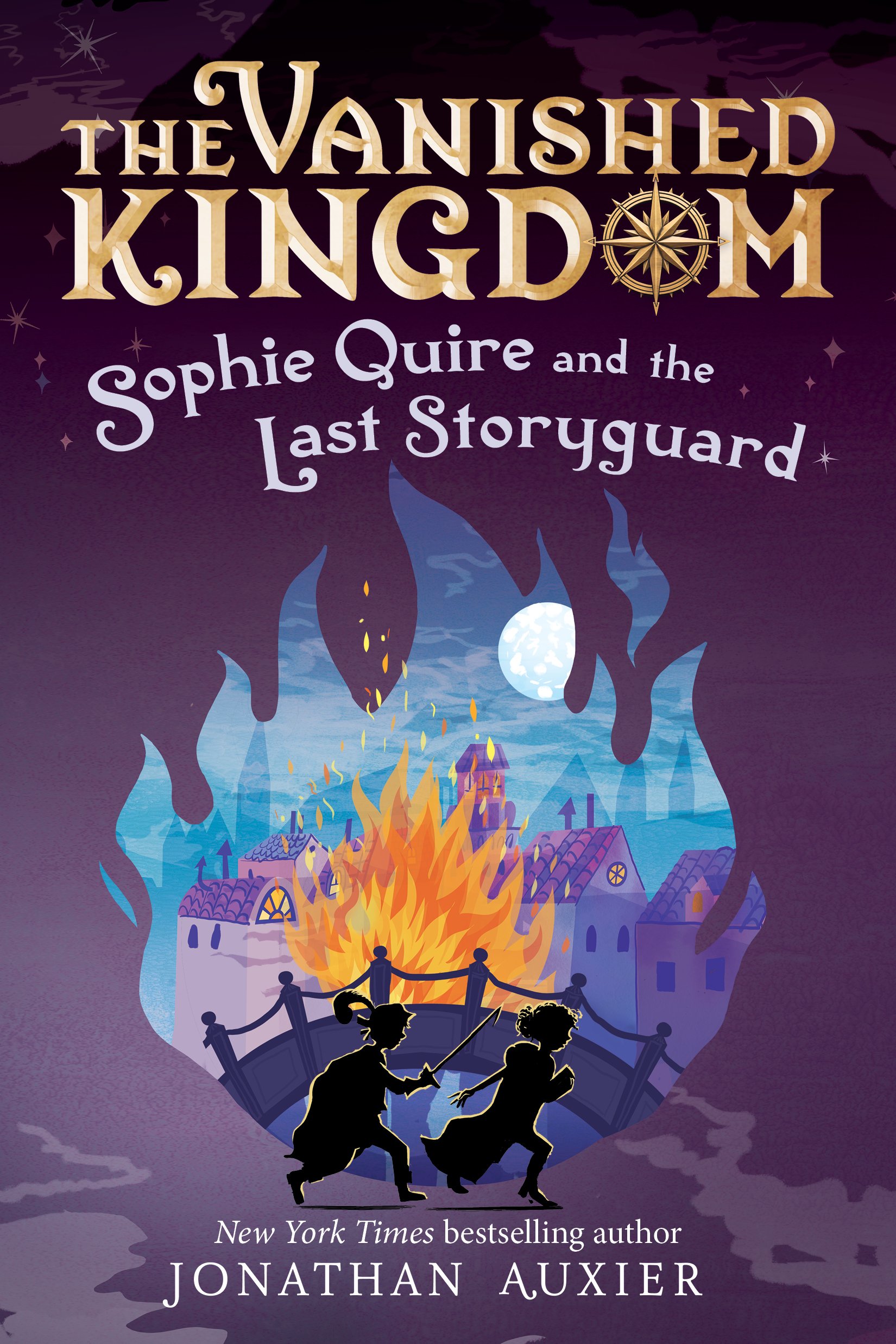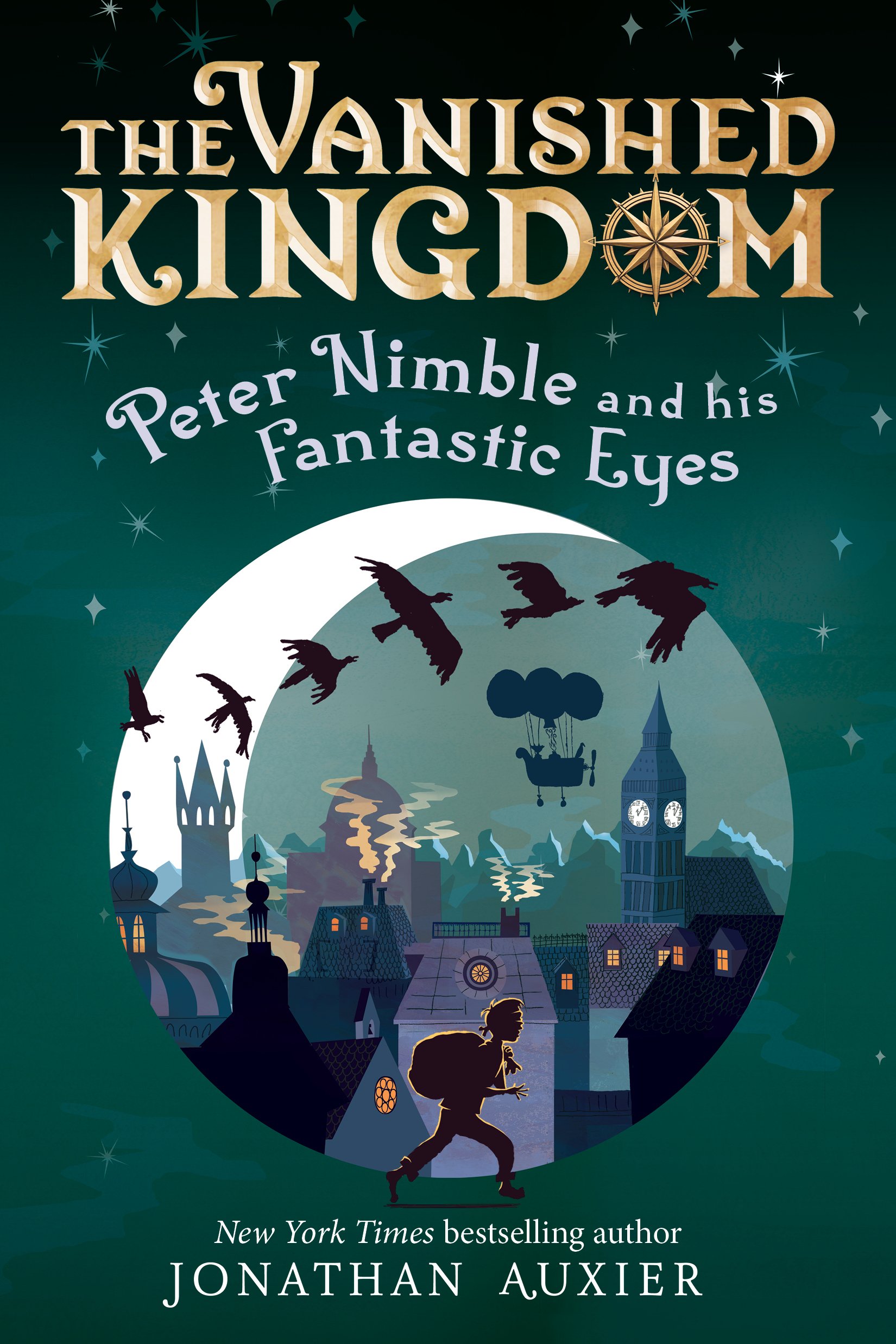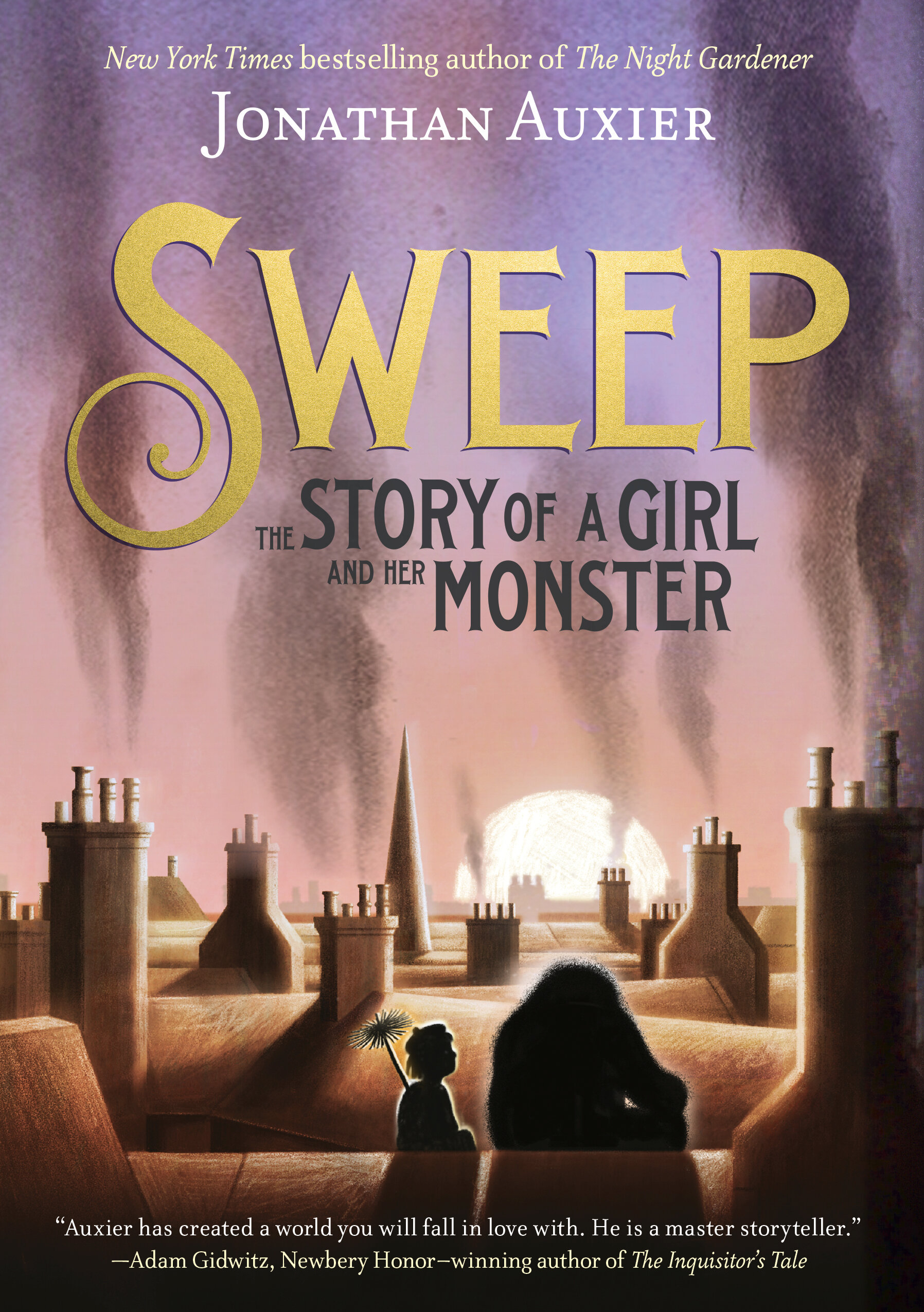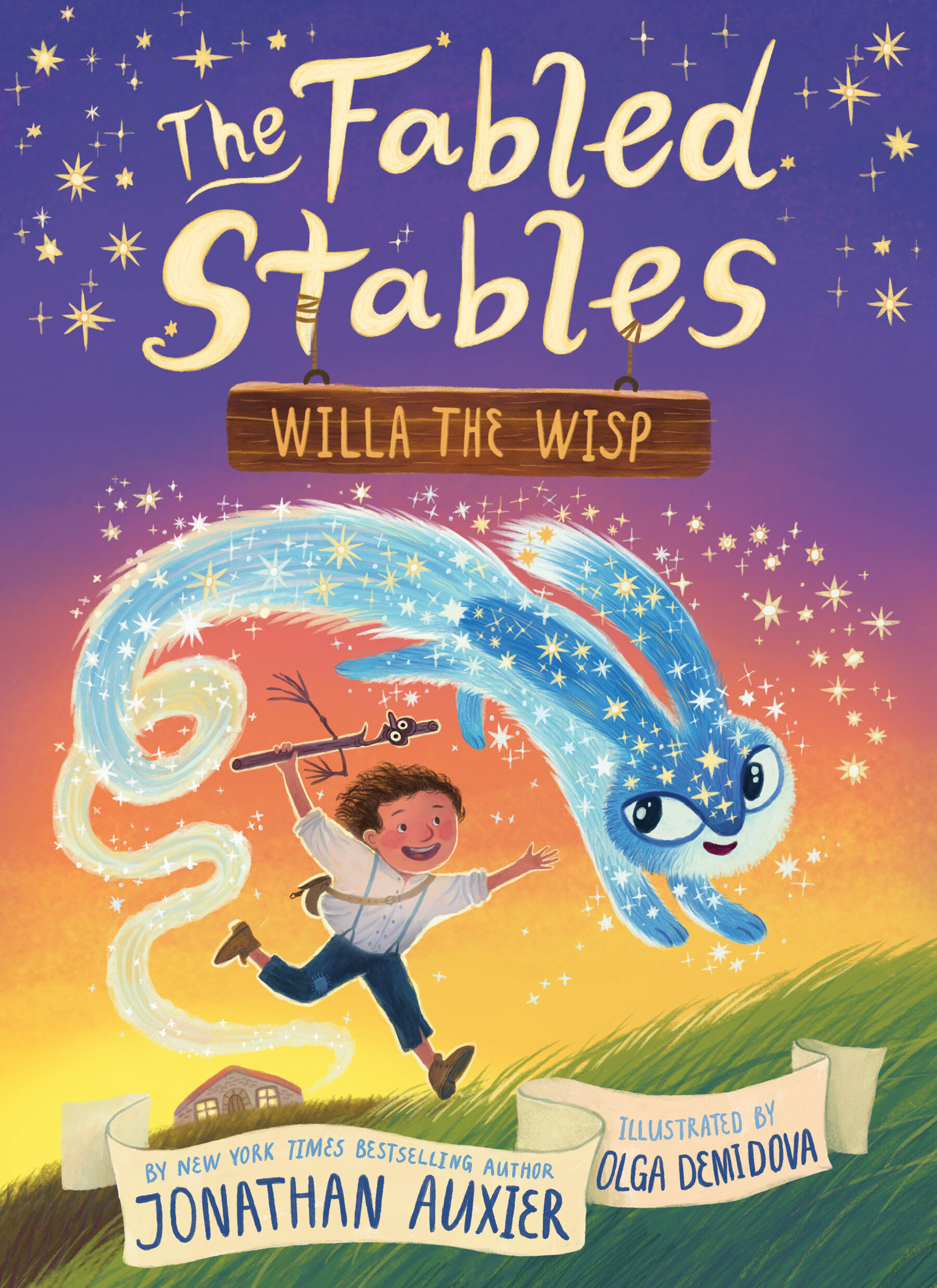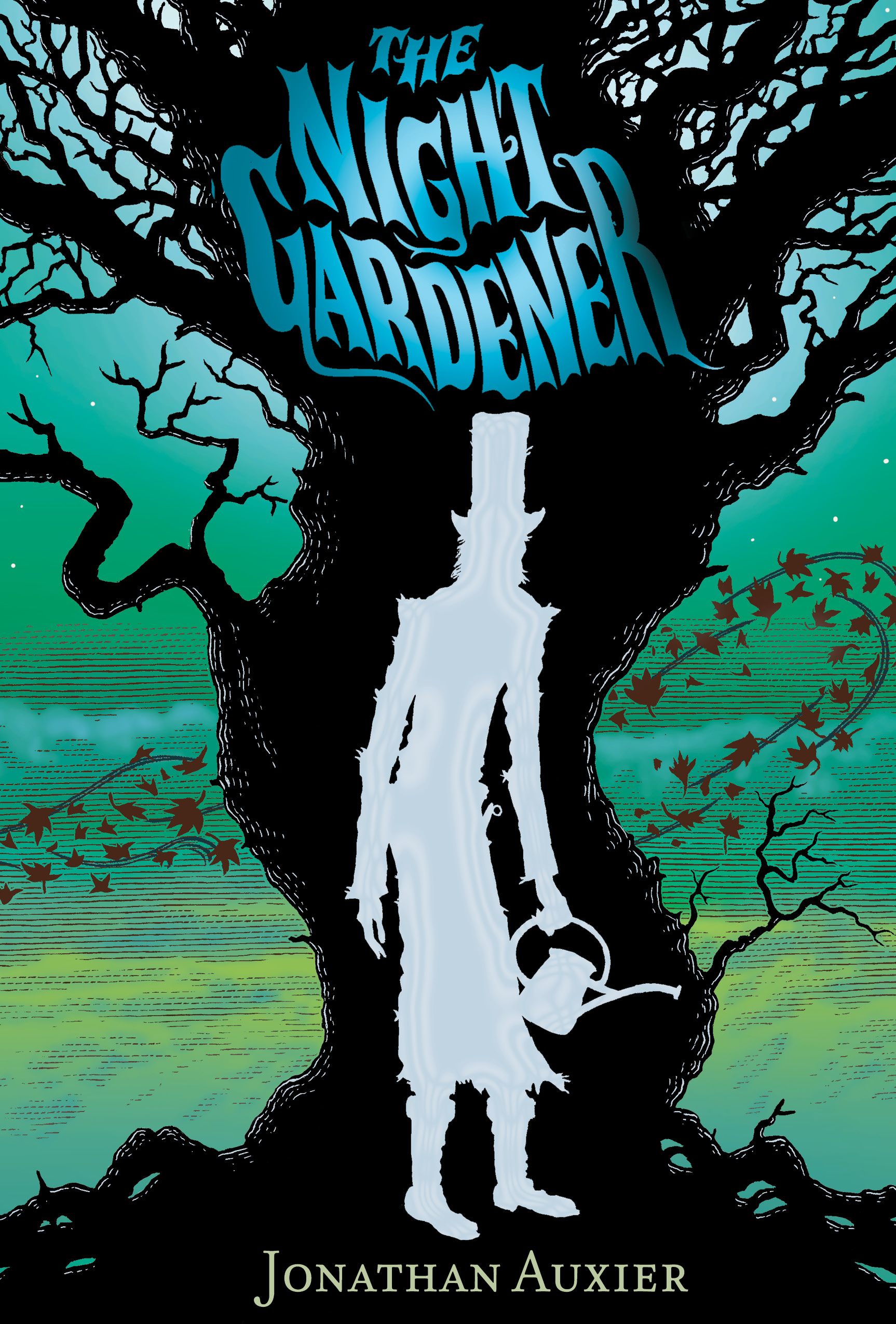One Word Every Writer Should Know ...
/ Last week, I had the pleasure of watching a staged adaptation of CS Lewis' Till We Have Faces. In advance of the show, I sat down and read the book.[1. This was long overdue; people have been telling me that I would *love* this novel for years. Summary judgment: I think this is a book that would have blown my mind in college, but less so as an adult.] There was something near the end of the story that seemed like a good jumping-off point for a topic I've been meaning to blog about for ages.
Last week, I had the pleasure of watching a staged adaptation of CS Lewis' Till We Have Faces. In advance of the show, I sat down and read the book.[1. This was long overdue; people have been telling me that I would *love* this novel for years. Summary judgment: I think this is a book that would have blown my mind in college, but less so as an adult.] There was something near the end of the story that seemed like a good jumping-off point for a topic I've been meaning to blog about for ages.
First, a little setup: Lewis' book is a retelling of the myth of Cupid & Psyche. It follows Psyche's scorned older sister, Orual. After losing her beloved sister, Orual becomes embittered and angry. At the end of the story, she finally gets an audience before the gods -- a chance to make her case for how they have wronged her. But instead of giving a sympathetic plea, she unleashes a tirade that betrays her own selfishness.
Orual hears the ugliness of her own anger, and it prompts a revelation:
"Lightly men talk of saying what they mean. ... When the time comes to you at which you will be forced at last to utter the speech which has lain at the center of your soul for years, which you have, all that time, idiot-like, been saying over and over, you'll not talk about joy of words. I saw well why the gods do not speak to us openly, nor let us answer. Till that word can be dug out of us, why should we hear the babble that we think we mean? How can they meet us face to face till we have faces?"[2. The excerpt is from Part II, ch. 4]
This "word" that Lewis eludes to is the magical, rare moment when a person sees him or herself with clarity for the first time. Aristotle (the grandfather of writing analysis) had a word for this moment in a character's journey: "anagnorisis."
Let's let the man himself explain the term (through Wikipedia):
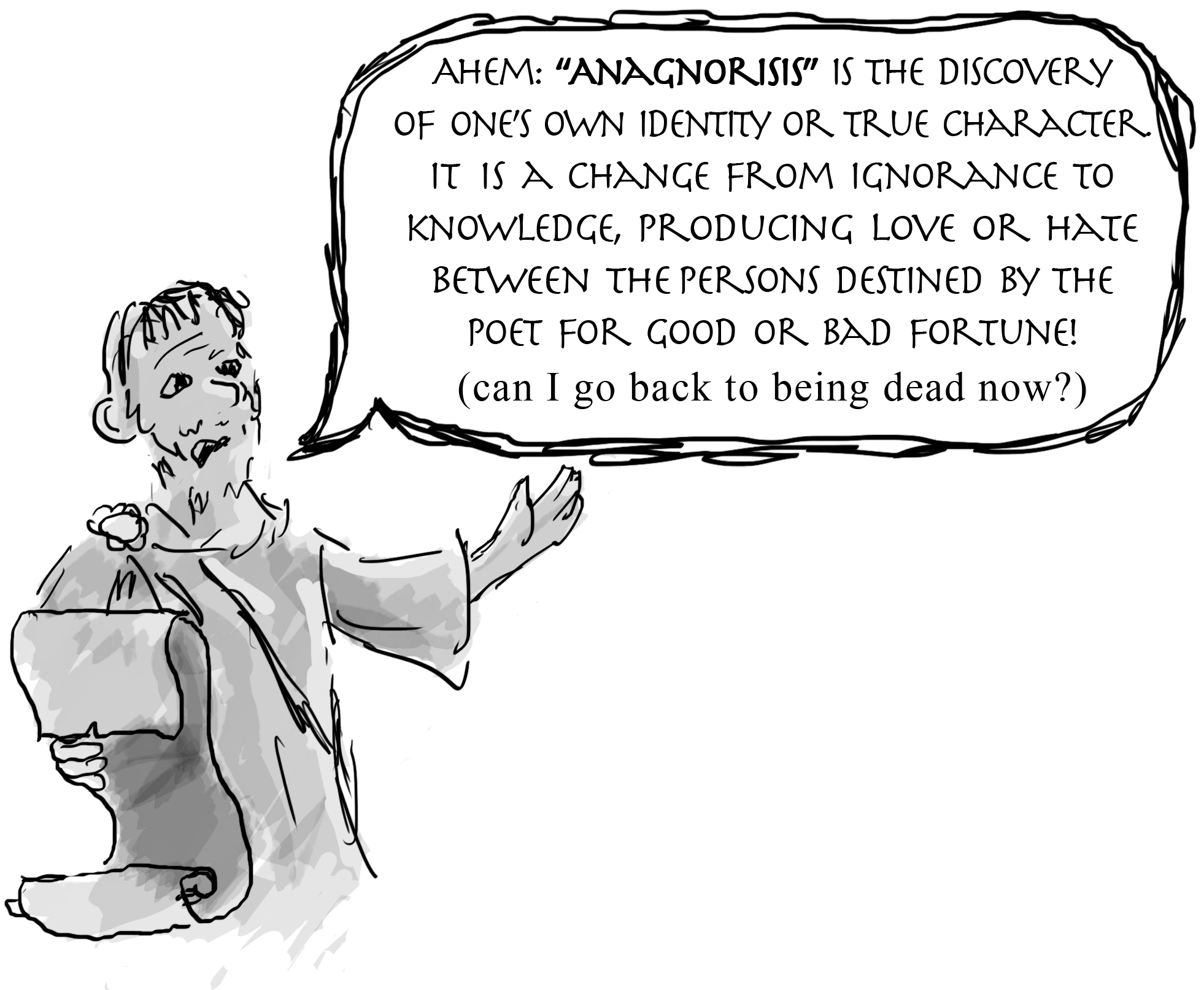 There you have it. Anagnorisis is the moment when someone understands a Truth so powerful that it effects change in their lives. I don't know about you, but this moment is the reason I read stories. In fact, I judge the quality of a story by the quality of its anagnorisis, because when done right, I share in the character's epiphany.
There you have it. Anagnorisis is the moment when someone understands a Truth so powerful that it effects change in their lives. I don't know about you, but this moment is the reason I read stories. In fact, I judge the quality of a story by the quality of its anagnorisis, because when done right, I share in the character's epiphany.
A great number of Aristotle's playwriting terms have survived into the present age (climax, catharsis), but none of them are so valuable to understanding the power of a story as anagnorisis.[3. For those interested in learning a bit more about Aristotle, screenwriter Matt Bird just posted a great summary of how Poetics has influenced screenwriting for better and worse.] Unfortunately, this word is all but forgotten -- it's not even in the OED.[3. Neither, I might add, is the word "scop."] 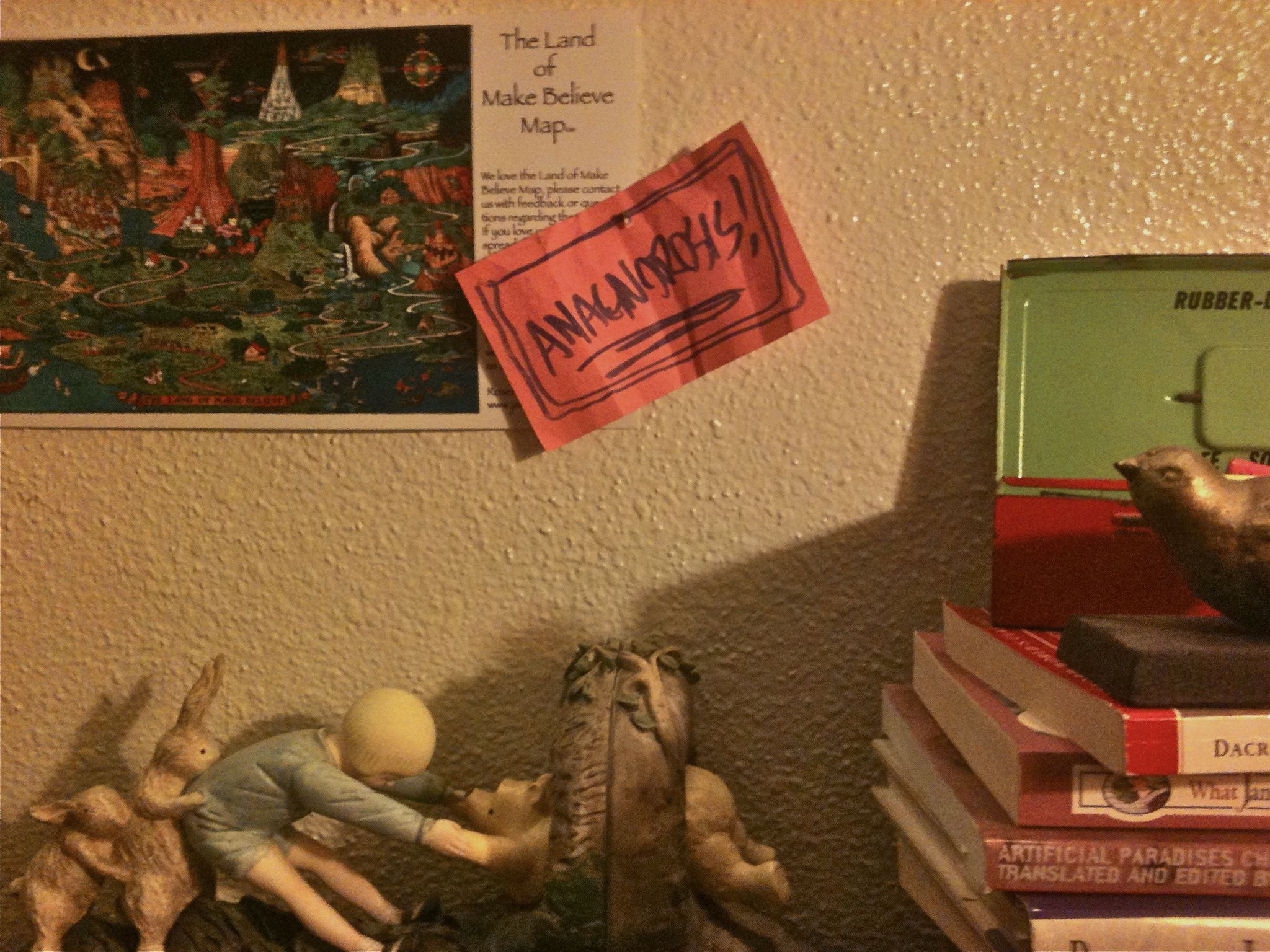
I have a card with "anagnorisis" on it taped to the wall above my desk, because I never want to forget that every chapter, scene, and word is working to that one profound moment. After all, How can my characters meet audiences face to face till they have faces?


